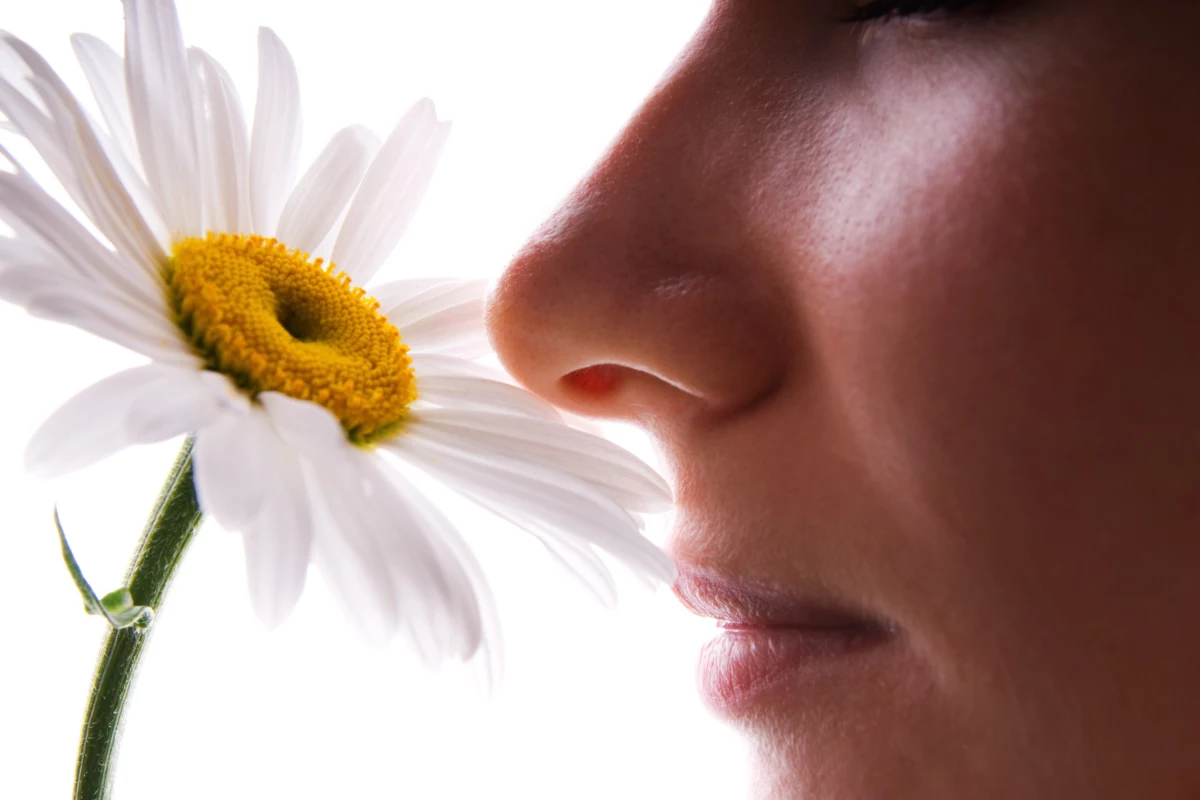New research from an international team of scientists has demonstrated how odors evoke memories in the brain, in ways stronger than other senses. Using neuroimaging and intracranial electrophysiology, the research shows how olfactory pathways communicate directly with the hippocampus.
The profound relationship between memory and smell will be of no surprise to anyone. The way a certain odor can conjure up a nostalgic reminiscence is unlike any other sense memory.
The unique nature of this phenomenon is informally known as the Proust Effect. Early in the 20th century, iconic French writer Marcel Proust penned a classic series of stories titled In Search of Lost Time. One anecdote described the way a vivid childhood memory was triggered by dipping a madeiline cake into a cup of tea, and the idea of the Proust Effect was born.
Exactly how our olfactory system seems to have the unique capacity to trigger emotional memories hasn’t been clear. Observational and experimental research has over the years affirmed the novel way smells can conjure memories. And neuroscientists have increasingly understood that the human olfactory system has a direct connection with the hippocampus.
This new research is the first to rigorously compare functional pathways connecting different human sensory systems with the hippocampus. The striking findings reveal our olfactory pathways connect more strongly with the hippocampus than any other sense.
Christina Zelano, from the Northwestern University Feinberg School of Medicine and lead investigator on the project, suggests at some point in our distant history as our brains were evolving, all other neural sense pathways were re-routed through different regions of the brain. But for some reason our olfactory system retained a direct connection with the hippocampus.
"During evolution, humans experienced a profound expansion of the neocortex that re-organized access to memory networks," explains Zelano. "Vision, hearing and touch all re-routed in the brain as the neocortex expanded, connecting with the hippocampus through an intermediary-association cortex-rather than directly. Our data suggests olfaction did not undergo this re-routing, and instead retained direct access to the hippocampus."
Alongside the fascinating academic nature of the new findings, Zelano says this avenue of research explicitly affirms the importance of olfactory experiences. Prior research has found a strong bi-directional relationship between olfaction and depression.
Patients suffering from anosmia, a decreased sense of smell, are more likely to display signs of depression, while conversely those suffering from depression often show reduced olfactory performance. And, Zelano adds, considering anosmia is a key symptom of COVID-19 there is an urgent need to understand how our neural olfactory processes are linked to cognition, memory and well-being.
"The COVID-19 epidemic has brought a renewed focus and urgency to olfactory research,” says Zelano. “While our study doesn't address COVID smell loss directly, it does speak to an important aspect of why olfaction is important to our lives: smells are a profound part of memory, and odors connect us to especially important memories in our lives, often connected to loved ones.”
The new study was published in the journal Progress in Neurobiology.
Source: Northwestern University




